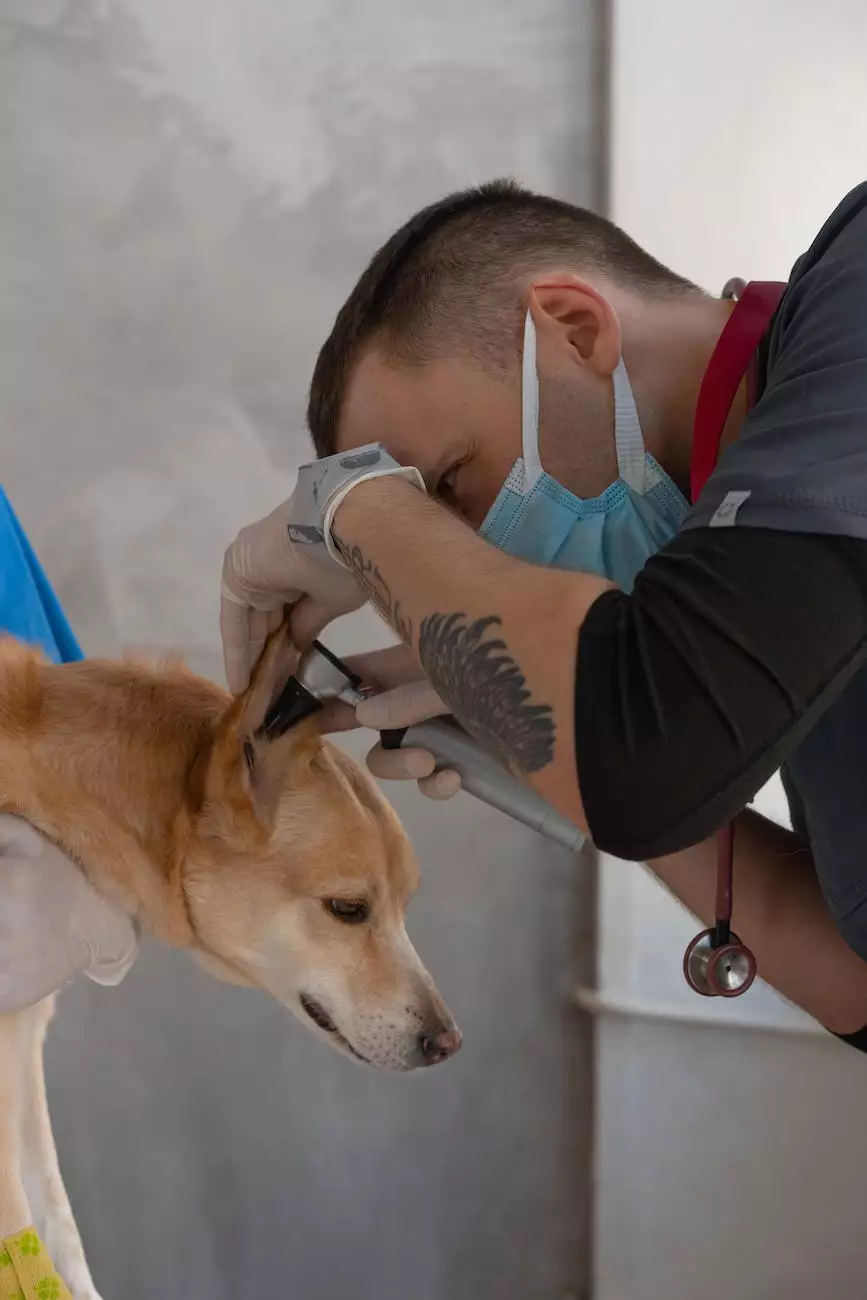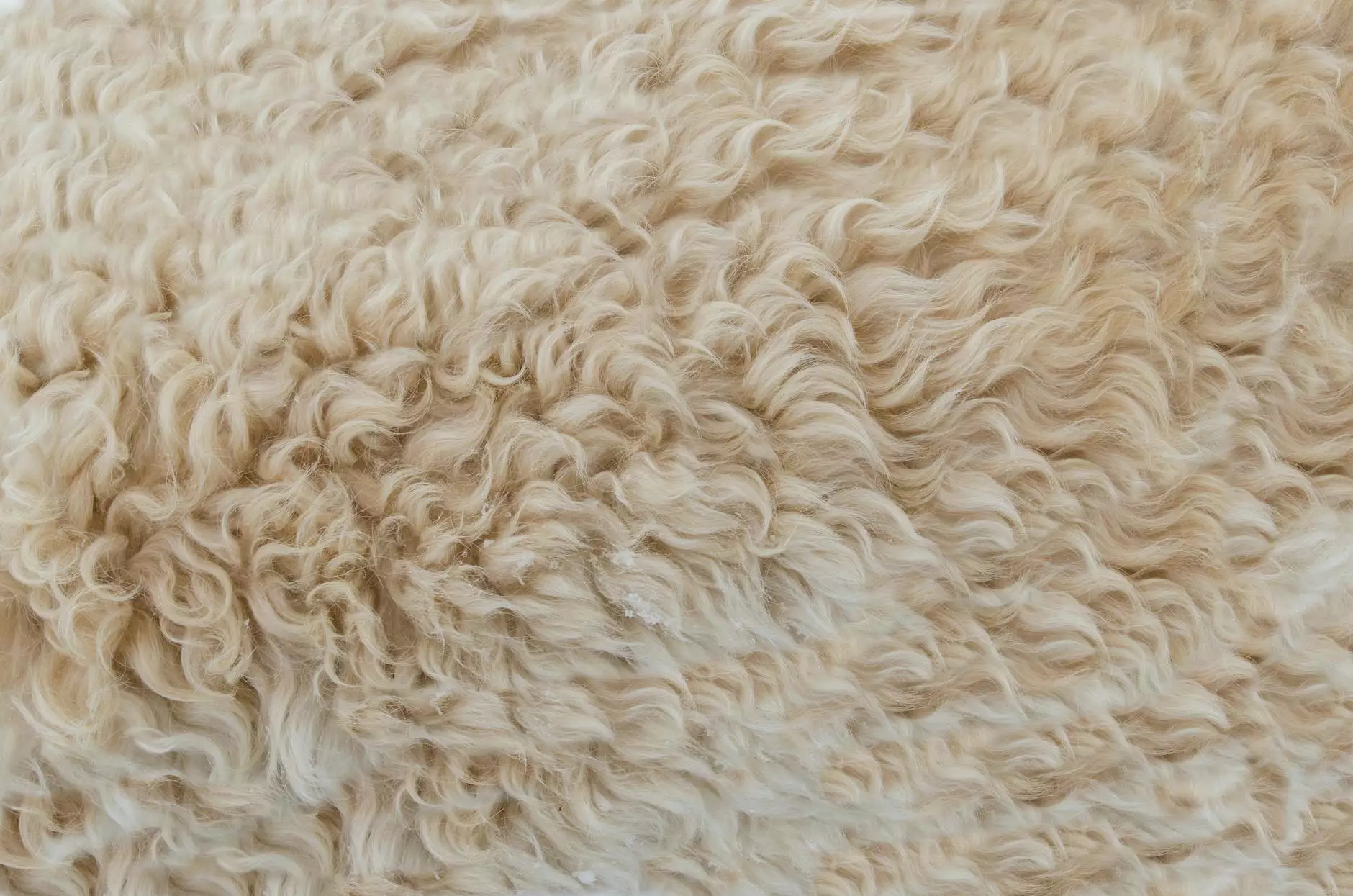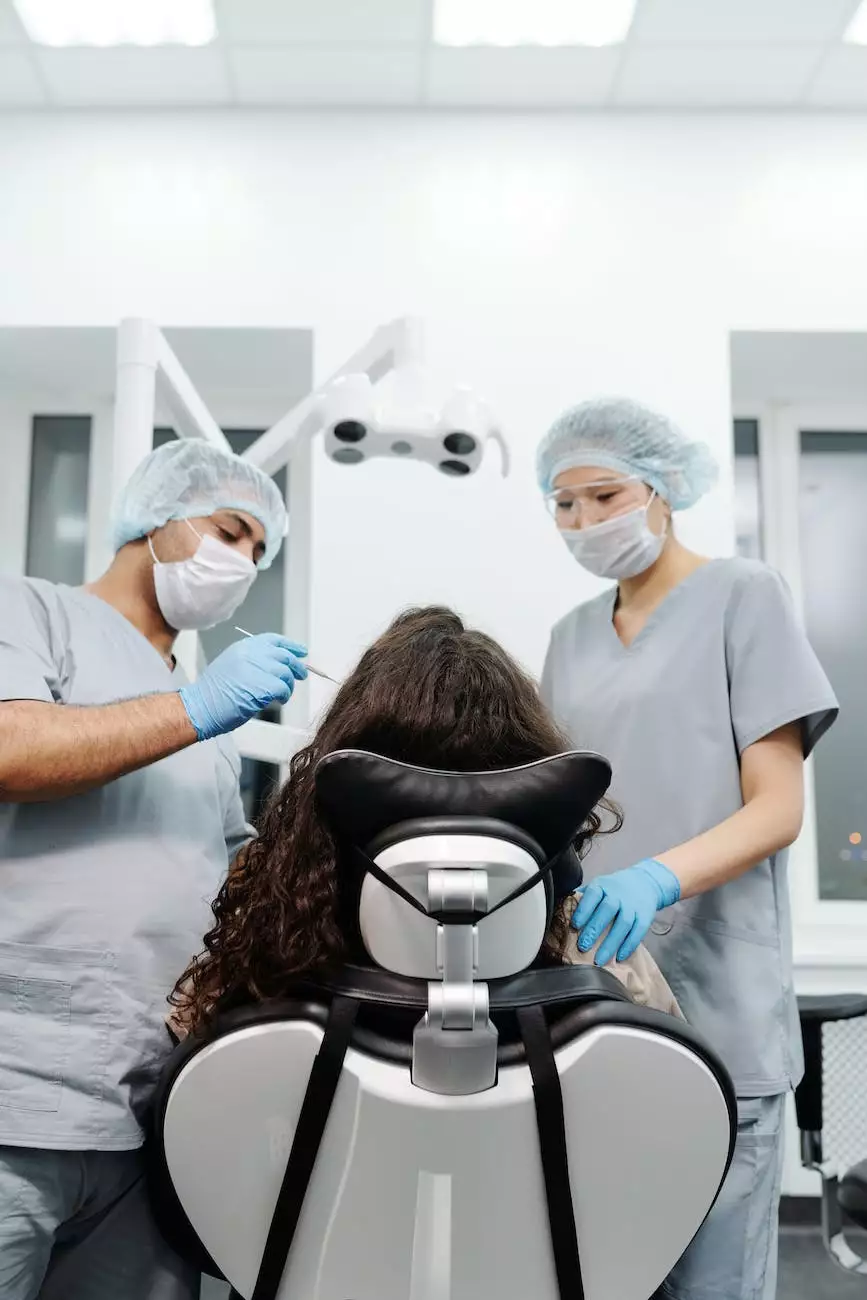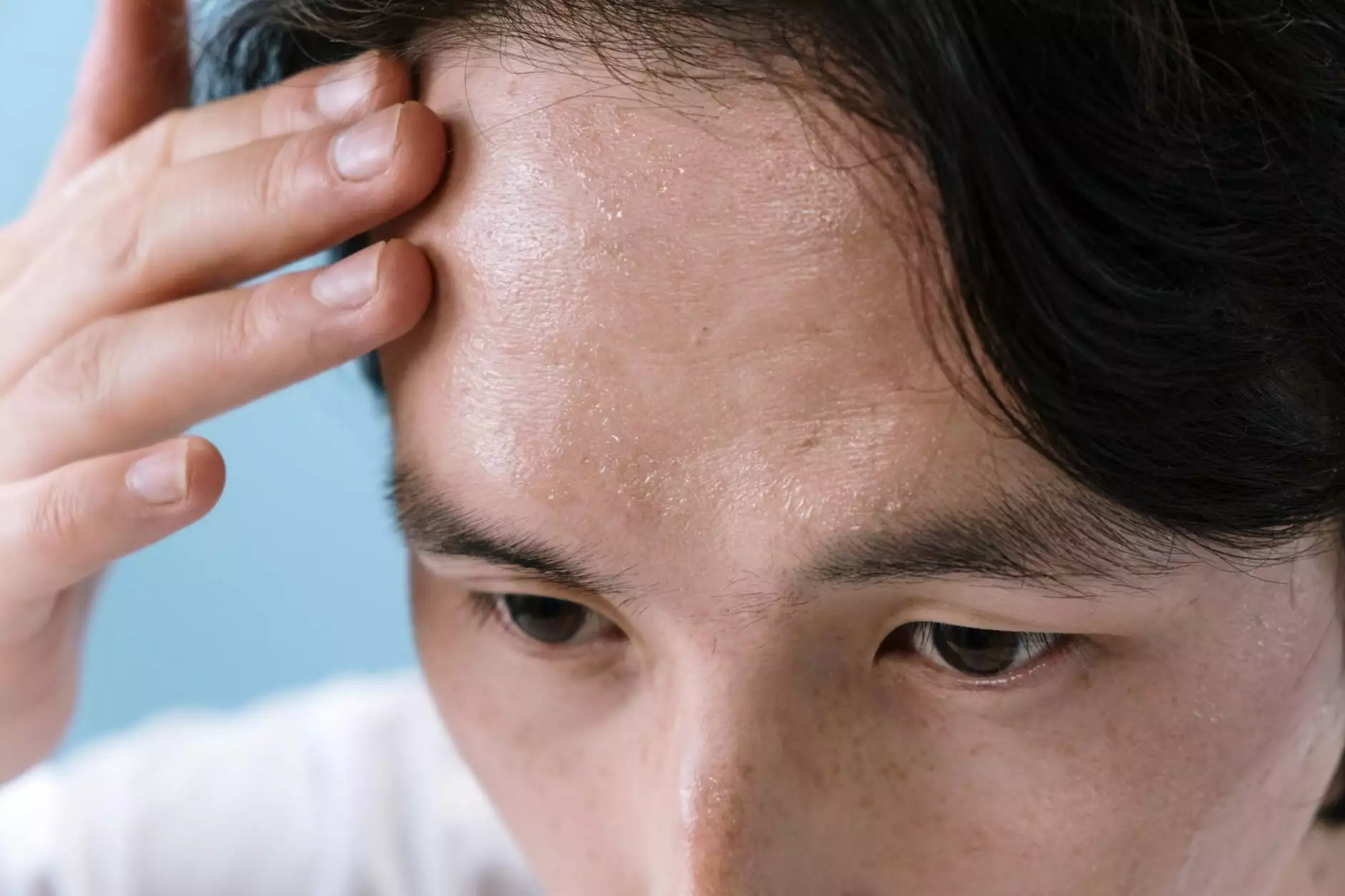Incomplete Bowel Movements: Causes and Treatments
Services
Welcome to Benjamin Shettell, MD, your trusted source for comprehensive digestive health care. In this article, we will explore the causes and effective treatments for incomplete bowel movements.
Understanding Incomplete Bowel Movements
Incomplete bowel movements refer to a condition where you experience difficulty in fully evacuating your bowels. It can leave you feeling bloated, uncomfortable, and unsatisfied after using the restroom. If you're encountering this problem, it's essential to understand the potential causes and seek appropriate treatment.
Possible Causes of Incomplete Bowel Movements
1. Constipation: One of the leading causes of incomplete bowel movements is constipation. When stool remains in the colon for extended periods, it can become dry, hard, and difficult to pass, leading to an incomplete evacuation. Factors such as a low-fiber diet, inadequate fluid intake, and a sedentary lifestyle often contribute to constipation.
2. Obstruction: In some cases, an obstruction within the colon or rectum can prevent a complete bowel movement. This obstruction can be caused by various conditions, including tumors, strictures, or even impacted stool. Seeking immediate medical attention is crucial if you suspect an obstruction is causing your incomplete bowel movements.
3. Neurological Disorders: Certain neurological conditions, such as multiple sclerosis or Parkinson's disease, can affect the proper functioning of the muscles involved in bowel movements. These disruptions can lead to incomplete bowel movements and require specialized treatment options.
4. Medications: Some medications, such as certain antidepressants or pain medications, can interfere with the normal muscular contractions of the colon, resulting in incomplete bowel movements. If you suspect your medications are causing this issue, consult with your healthcare provider to explore alternative options.
Treatments for Incomplete Bowel Movements
The appropriate treatment for incomplete bowel movements depends on the underlying cause. Dr. Benjamin Shettell, our experienced digestive health specialist, will assess your condition and develop a personalized treatment plan. Here are some common treatment approaches:
Dietary Changes
A balanced diet that includes an adequate intake of fiber-rich foods can significantly improve bowel movements. Foods like fruits, vegetables, whole grains, and legumes are excellent sources of dietary fiber. Dr. Benjamin Shettell can guide you in making the necessary dietary adjustments to relieve incomplete bowel movements.
Lifestyle Modifications
Regular exercise and physical activity promote healthy digestion. Incorporating a fitness routine into your daily life can stimulate bowel movements and reduce the occurrence of incomplete evacuations.
Medications
In cases where constipation is the primary cause, Dr. Benjamin Shettell may recommend certain medications to soften stool, stimulate bowel movements, or improve muscle contractions within the colon.
Medical Procedures
If an obstruction or structural issue is identified as the underlying cause of incomplete bowel movements, surgical intervention may be necessary. Dr. Benjamin Shettell specializes in minimally invasive procedures that can effectively address these conditions and restore normal bowel function.
Neurological Interventions
If a neurological disorder is causing incomplete bowel movements, our team will work closely with neurologists to develop a comprehensive treatment plan. This may involve medications, physical therapy, or other specialized interventions based on your specific condition.
Contact Benjamin Shettell, MD for Digestive Health Care
If you're experiencing incomplete bowel movements, don't hesitate to reach out to Benjamin Shettell, MD. With his expertise in digestive health care, he can assess your condition, provide an accurate diagnosis, and offer the most effective treatments to improve your quality of life. Take control of your digestive health today!
Disclaimer: The information provided in this article is for educational purposes only and should not be considered medical advice. Please consult with a medical professional for personalized guidance and treatment options.










